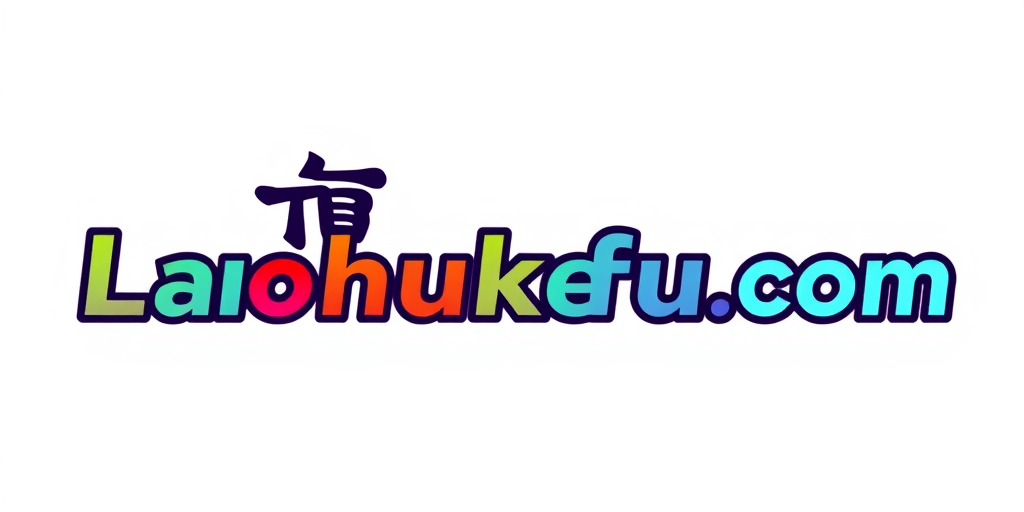
News


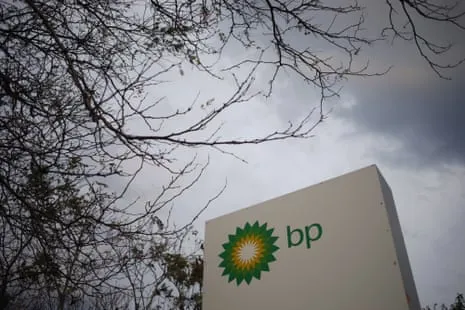 News
News
 By Tammy Vaughn
18 Sep 2025
By Tammy Vaughn
18 Sep 2025
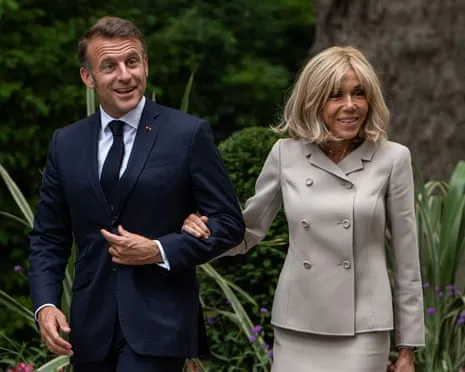 News
News
 By Tammy Vaughn
18 Sep 2025
By Tammy Vaughn
18 Sep 2025
 News
News
 By Tammy Vaughn
18 Sep 2025
By Tammy Vaughn
18 Sep 2025
 News
News
 By Tammy Vaughn
18 Sep 2025
By Tammy Vaughn
18 Sep 2025
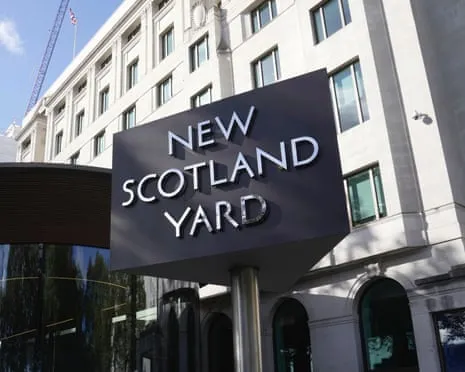 News
News
 By Tammy Vaughn
18 Sep 2025
By Tammy Vaughn
18 Sep 2025
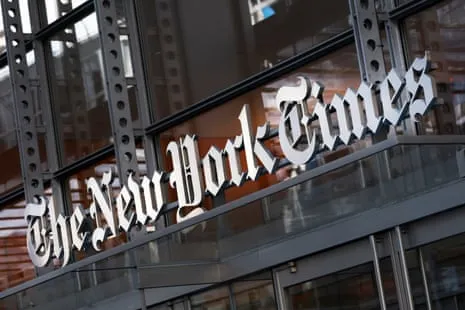 News
News
 By Tammy Vaughn
18 Sep 2025
By Tammy Vaughn
18 Sep 2025
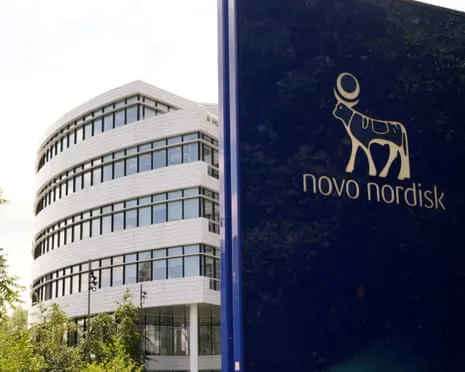 News
News
 News
News
 By Tammy Vaughn
18 Sep 2025
By Tammy Vaughn
18 Sep 2025
 News
News
 News
News
 News
News
 By Tammy Vaughn
18 Sep 2025
By Tammy Vaughn
18 Sep 2025
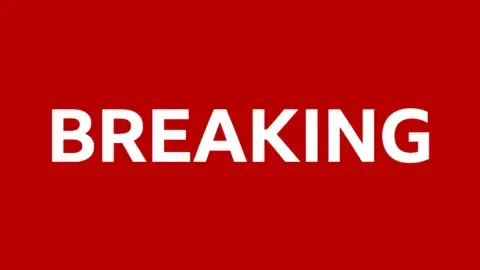 News
News
 By Tammy Vaughn
18 Sep 2025
By Tammy Vaughn
18 Sep 2025


 Tammy Vaughn
Tammy Vaughn

 Tammy Vaughn
Tammy Vaughn


 Tammy Vaughn
Tammy Vaughn
